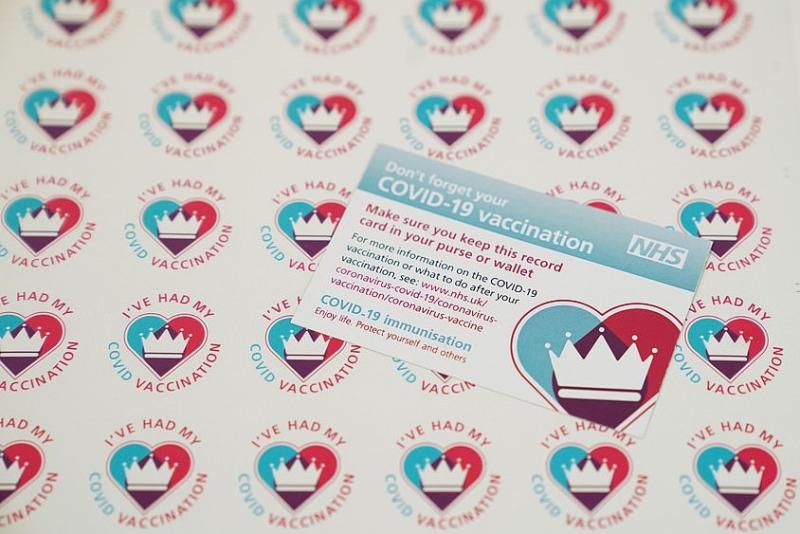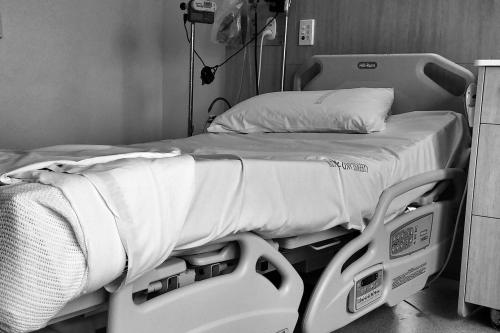The project summary
The Strategy Unit will undertake a rapid qualitative project to identify, collate and share, good practice across England in increasing COVID-19 vaccine uptake.
Why is this project necessary?
As the national COVID-19 vaccination programme is rolled out, there is a need to ensure parity for all in access and uptake. However, there are early indications of some differences in uptake amongst different population groups and in different parts of the country (The OpenSAFELY Collaborative 2021).
In parallel, many local examples of initiatives to increase vaccine uptake are emerging. This project intends to collate and share these individual good practice examples. It will also identify from across the examples, the key features that enable vaccine uptake to increase, for different population groups, and share these learnings as case studies.
The Health Inequalities Improvement Team in partnership with the Health Inequalities Vaccinations Team at NHS England and Improvement (who have commissioned this work) intend to use these good practice examples and case studies to:
- Share lessons in a timely way as the COVID-19 vaccination programme is rolled out.
- Create a social movement around vaccination equity beyond this pandemic.
How can I get involved?
If you have a local example of an initiative that is hoping to, or has increased vaccine uptake, we want to speak to you in the next few weeks. It’ll just take 30 minutes of your time.
We will use our call to have a structured conversation about your initiative; we want to understand the detail of what you are doing, so that others can learn from your example and apply it to their context.
We are interested in all good practice examples. We would especially encourage those who have addressed vaccine equity for the following population groups: those living in rural communities; those experiencing deprivation; inclusion groups (especially asylum seekers and refugees, gypsies and travellers, homeless and sex workers); those with learning disabilities; those with sensory needs; religious communities (especially orthodox Jewish and Muslim) and ethnically diverse communities.
If you would like to participate, please get in touch via email strategy.unit@nhs.net or twitter @strategy_unit
How can I learn from the project findings?
We will be sharing the good practice examples with the Health Inequalities Improvement Team as soon as they emerge, and we will also publish them on our website from the end of February. We will use social media to signpost to these good practice examples as we publish them.
We will also develop case studies based on the key themes (e.g., use of vaccine education materials) or types of initiatives (such as those using places of worship as vaccine centres) as we complete the good practice write-ups. We expect to publish case-studies on our website in early April.
Why is this work being done by the Strategy Unit?
The Strategy Unit provides analytical, research and evaluation support to the NHS. We are in the NHS, for the NHS. We are passionate about reducing both inequities in access to health services and the inequalities that result.
Our recent work in this area include:
- Two separate qualitative studies (one with an accompanying evidence review) that is assessing access to health services (pandemic and beyond) by different population groups. These are currently underway.
- Changes in use of emergency departments under the first lockdown. This analysis showed that whilst overall attendances at ED fell by 51%, the biggest drop-offs were among patients of Bangladeshi (75.3%), Chinese (74.5%), Pakistani (71.8%), Indian (64.9%), and Black African ethnicities (63.5%).
- Release of an opensource model for planning vaccine centre capacity. We worked with Wolverhampton Prevention and Population Health Unit team to support the planning vaccine centres in Wolverhampton. The model is free to use and we welcome input of others to refine and improve it.


